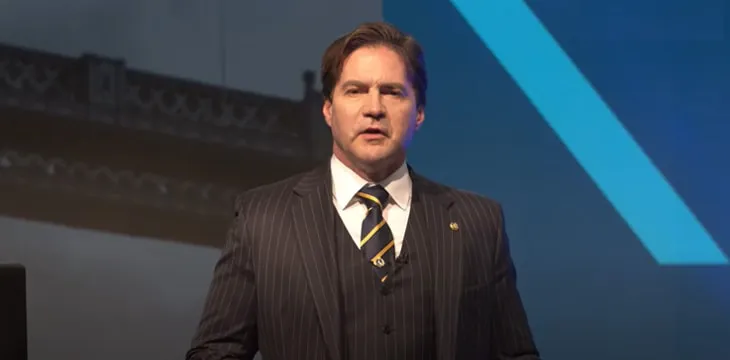|
Getting your Trinity Audio player ready...
|
In his latest blog post, “Scarcity and Incentives,” Dr. Wright explores how both factors go into determining market value. Interestingly, this topic encompasses some of the most common, yet, false, arguments that BTC maximalists make for their beloved blockchain and addresses market problems that exist in Ethereum due to failed incentive structures.
My take on scarcity
To provide a backdrop for the topic at hand, Dr. Wright explains market value via scarcity and incentives by comparing NBA players to teachers.
“When people query why elite athletes such as NBA basketball players are getting paid so much more than teachers, the argument is one of scarcity: it is not that basketballers get paid more; it is that the NBA selects an elite of basketball players. Such individuals are rare and hence scarce. The other side of the scissors is that such individuals are in demand. Whenever scarcity and demand meet, price increases, arising from the values attributed by the people seeking the good,” says Dr. Wright.
This reminds me of a flawed argument many BTC maximalists love to make; that BTC is valuable because it is scarce. As Dr. Wright spells out in his latest blog, scarcity alone is not enough to drive the value of an asset up. There must be demand to meet that scarcity if you want the price to rise—and in 2020, BTC does not have that demand.
In 2017, the price of BTC rocketed and reached nearly $20,000, but at the time, not only was BTC scarce, there was also a vast amount of retail investors demanding BTC because they were the greater fools per the greater fools theory. When those retail investors got the rug pulled on them because they were late to the party, many left the digital currency markets for good. Currently, the digital currency markets are still driven by retail investors at large, however, there are far fewer retail investors than there were in BTC, and a fat chance that BTC is going to rocket in value ever again.
My take on incentives
Another topic Dr. Wright addresses are incentives and incentive structures.
“From an ethical standpoint, many people have started reacting to the focused shareholder approach promoted by Milton Friedman (Posner, 2020), which has resulted in an emphasis on short-term gains at the expense of long-term growth and the building of capital. One of the consequences of such failed incentive structures comes in the form of excessively large bonus cheques, paid to many CEOs. Many such cheques have been handed for strategies that are detrimental to the long-term viability of a business,” says Dr. Wright.
Which is a market problem in Ethereum that was created by DeFi platforms. When the main incentive to participate and launch is monetary, the focus of the market participants tends to be on the short-term, particularly, near term gains. This often leads to no long-term lifespan or roadmap for the business. Although market participants can benefit from this model in the short term, there is no incentive for them to participate beyond making money, which opens up new cans of worms, such as high turnover rates as the participants vacate one business/platform for another that will pay them more.
“Balancing incentives is computationally demanding,” says Dr. Wright. “The ability to find and report market prices accurately is the primary strength of the free market. Markets do not make judgments. They don’t have ethical values; markets are merely tools that reflect the principles of those who act in them…There is no simple answer that covers all aspects of life. People have an ingrained sense of fairness, but it is very rarely attuned to an accurate focus on what is truly right and wrong. But the common-sense approach to how people interact works more often than not (Gwartney et al., 1985). Creating successful incentive structures is difficult, and one can rarely be legislated for from above.”
“Scarcity and Incentives” is one of my favorite blog posts from Dr. Wright that has been released this year. Head over to CraigWright.net to read “Scarcity and Incentives” in full.
See also: Dr. Craig Wright’s keynote presentation at CoinGeek Live on Outsourced Computation on Bitcoin: How One World Blockchain Powers a New Future for Computing & Cloud System.
https://www.youtube.com/watch?v=36MRO2izj6I&feature=youtu.be

 07-18-2025
07-18-2025 





